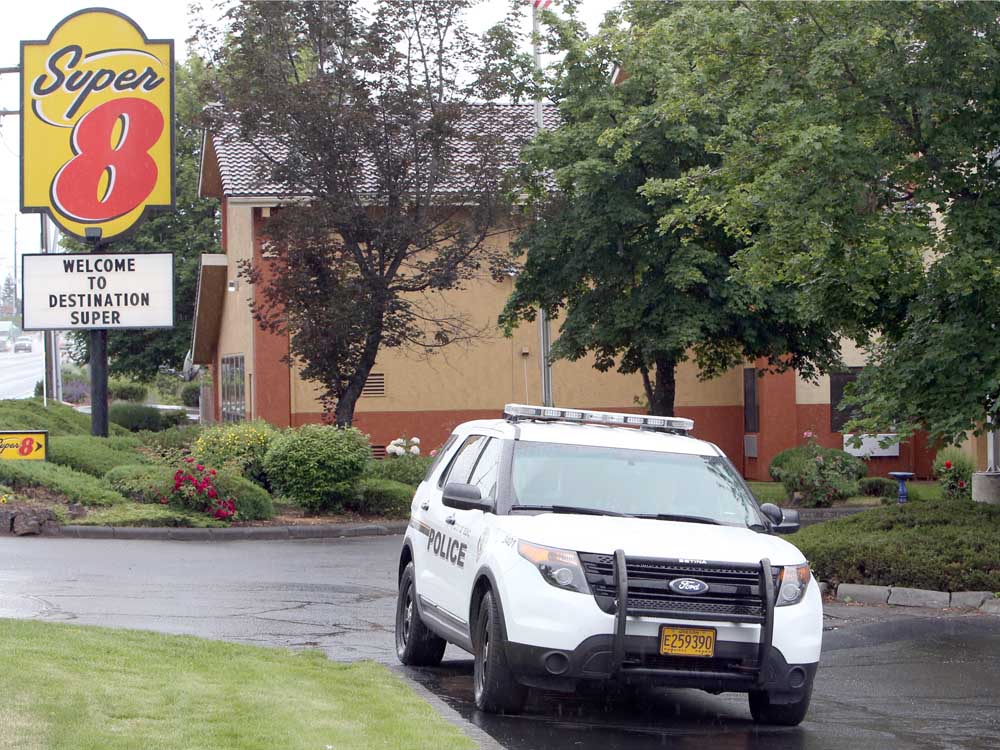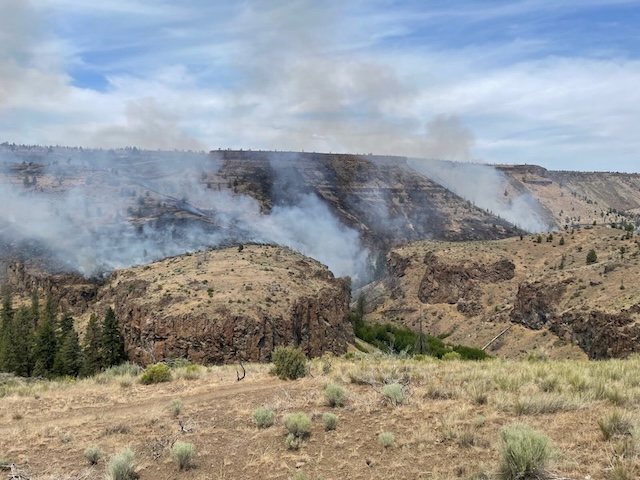“Upskirting”: a loophole, recently closed
Published 12:00 am Saturday, September 12, 2015
Kristina Barragan was shopping at the Bend OfficeMax the morning of May 15 when she noticed a man following her around the store, using a black organizer tray to film up her dress with a cellphone.
She called the police, who found eight videos of varying lengths showing parts of her body most would consider private. But the case wasn’t prosecuted: As Oregon law was phrased at the time, Barragan wasn’t entitled to a reasonable expectation of privacy under her own skirt because she was in a public place.
Now that’s changed. Oregon House Bill 2596, which added new provisions to Oregon laws governing personal privacy under clothing in public spaces — particularly, that an individual has a reasonable expectation of privacy when he or she intended to protect an intimate area from being seen — was passed 30 days after the OfficeMax incident. Combined with another bill, the Oregon Legislature’s last session filled several loopholes in violations of personal privacy created by advances in mobile technology.
On that May morning Barragan, 29, confronted the man, and though he denied filming her, he left the store. “I wanted to take the phone from him,” she said in an interview in July. “But I didn’t know what was legal, what’s not.”
Based on Barragan’s description of the car he was driving, he was later stopped by a police sergeant and consented to a search of his phone.
Bend police Officer Kevin Uballez, who responded to Barragan’s May 15 report, said the law as it was written before also didn’t provide protection against invasion of privacy when a victim is wearing undergarments, like Barragan was.
“I knew it was going to be a tough case,” Uballez said in July. “I was comfortable making the arrest, but I was going to be so-so on whether they were going to be able to prosecute or not.”
As cellphone cameras become higher-quality, and since video has become easier to distribute via social media and messaging applications, Deschutes County Deputy District Attorney Brandi Shroyer says the law could help women like Barragan who have been filmed surreptitiously.
“We were having cases that weren’t being prosecuted just because … (of) the way the law hadn’t kept up with the times or how much technology was changing,” Shroyer said in an interview last week.
For Shroyer, who said she’s seen several cases like Barragan’s in Deschutes County, the changes are much-needed.
“The impact is still there,” Shroyer said. “It’s really such a violation for some of these individuals, and we couldn’t do anything.”
Earlier this year, a 61-year-old Portland man went free when a judge ruled he had lawfully taken intimate photos of a teenager shopping at Target. And last year, a middle school student in Albany took an “upskirt” photograph of his teacher, Dana Lovejoy, who testified in favor of House Bill 2596 before the Oregon Senate Judiciary Committee this May.
The photograph was sent through messaging applications and posted to Instagram — but it wasn’t until a female student came forward that Lovejoy became aware of what had happened.
An avid runner, Barragan said in July that she was having anxiety attacks and hadn’t been on a run by herself since the incident. But these days, she’s on the road to recovery. This week, she said she’d been able to return to running and was undergoing counseling.
“When it first happened, I was in shock,” Barragan, who lives in Bend, said in July. “I live alone, I work alone. … The difficult part is that he’s going on with his life.”
— Reporter: 541-383-0376,
cwithycombe@bendbulletin.com






